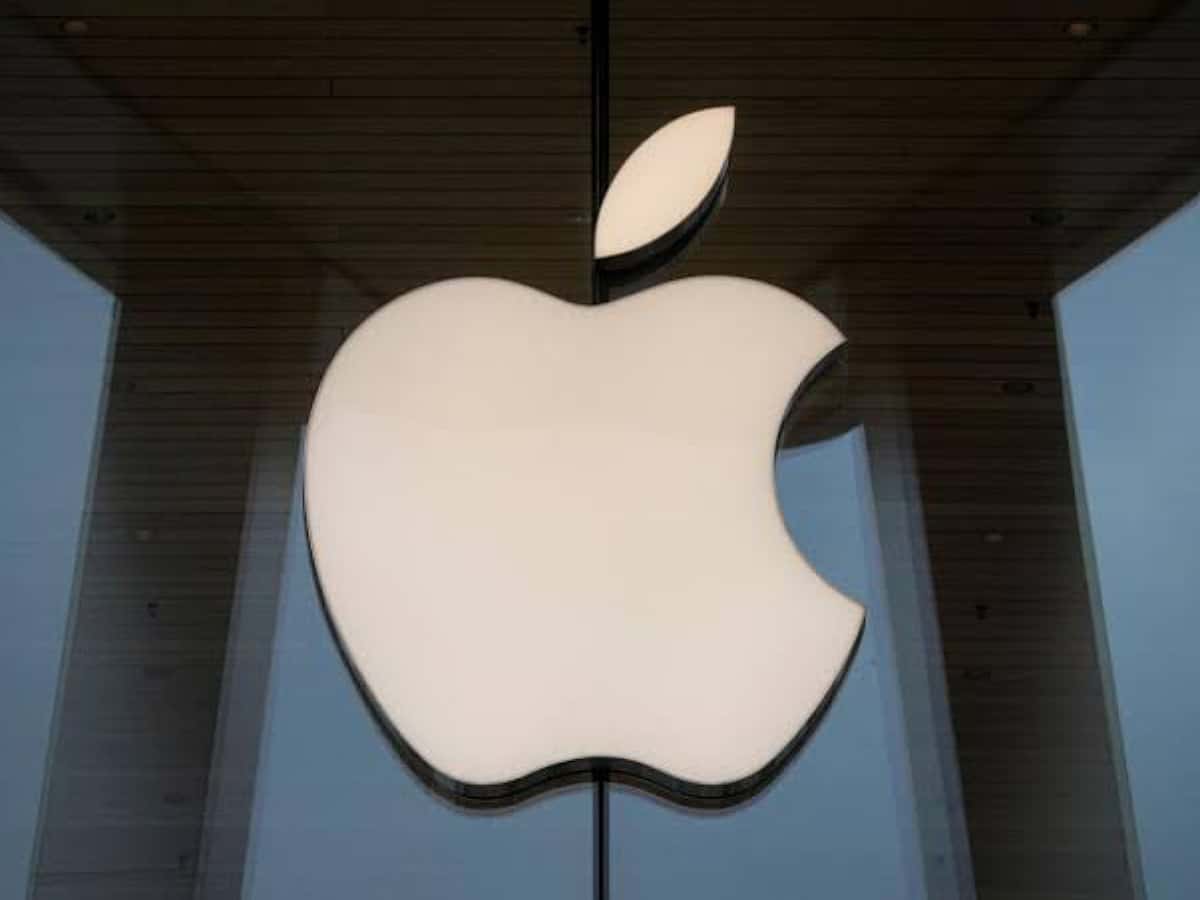
New Delhi: Amid the debate over Apple reportedly denying to unlock the iPhone of Delhi Chief Minister Arvind Kejriwal at the request of the Enforcement Directorate (ED), people close to the development said on Wednesday that no one at the tech giant in India or the global level were contacted directly for unlocking the device.
The ED had approached “informally” to Apple to help unlock the device, as per reports.
However, Apple has a clear-cut policy that it cannot provide the passcode of an iOS device that is currently locked.
“No, Apple does not have access to a customer’s passcode,” according to the company’s ‘Legal Process Guidelines’ for government and law enforcement outside the US.
“Questions or inquiries regarding the government legal process can be emailed to lawenforcement@apple.com”.
According to sources, there was no written communication from ED to Apple.
Apple’s notice policy applies to account requests from law enforcement, government and private parties.
“Apple will notify customers and account holders unless there is a non-disclosure order or applicable law prohibiting notice, or where Apple, in its sole discretion, reasonably believes that such notice may pose an immediate risk of serious injury or death to a member of the public, the case relates to a child endangerment matter, or where notice is not applicable to the underlying facts of the case,” according to the company document.
In 2015 and 2016, Apple objected to or challenged more than a dozen court orders in the US, seeking to compel Apple “to use its existing capabilities to extract data like contacts, photos and calls from locked iPhones running on operating systems iOS 7 and older” to assist in investigations and prosecutions.
A well-known instance was a court case in 2016 when the Federal Bureau of Investigation (FBI) wanted Apple to unlock a ‘work-issued’ iPhone recovered from one of the shooters who, in a December 2015 terrorist attack in San Bernardino, California, killed 14 people and injured 22.
Apple declined to unlock the iPhone.
Later, the government claimed it managed to unlock the iPhone with help from a third party, and withdrew its case.
